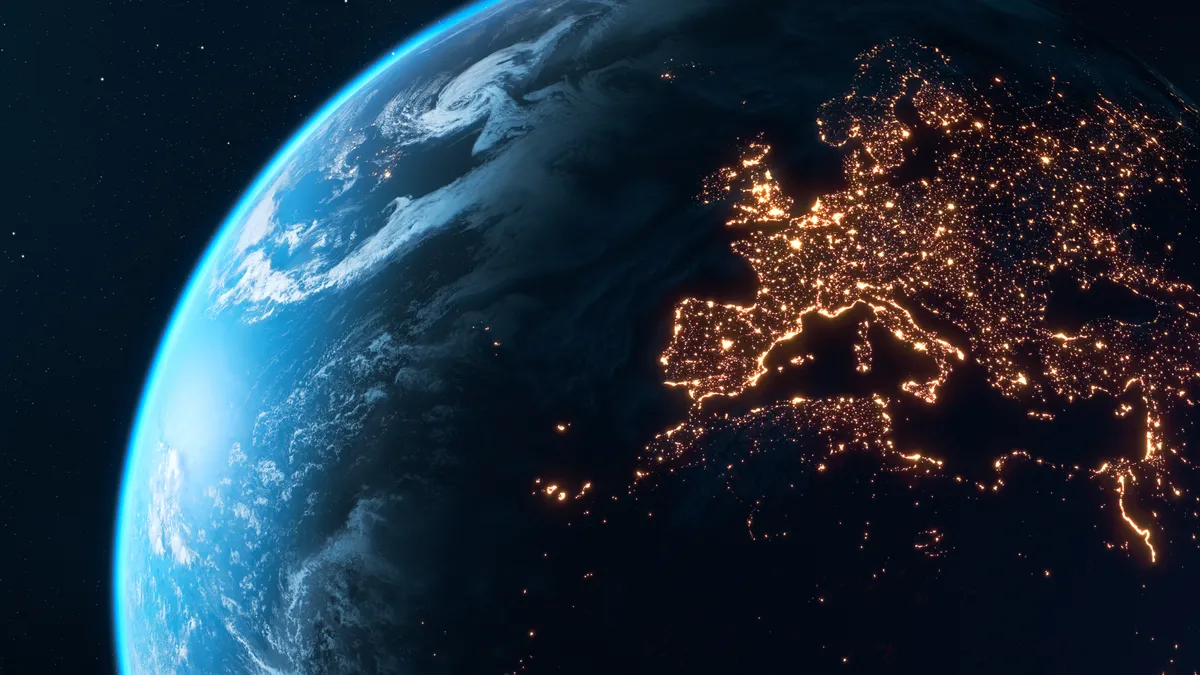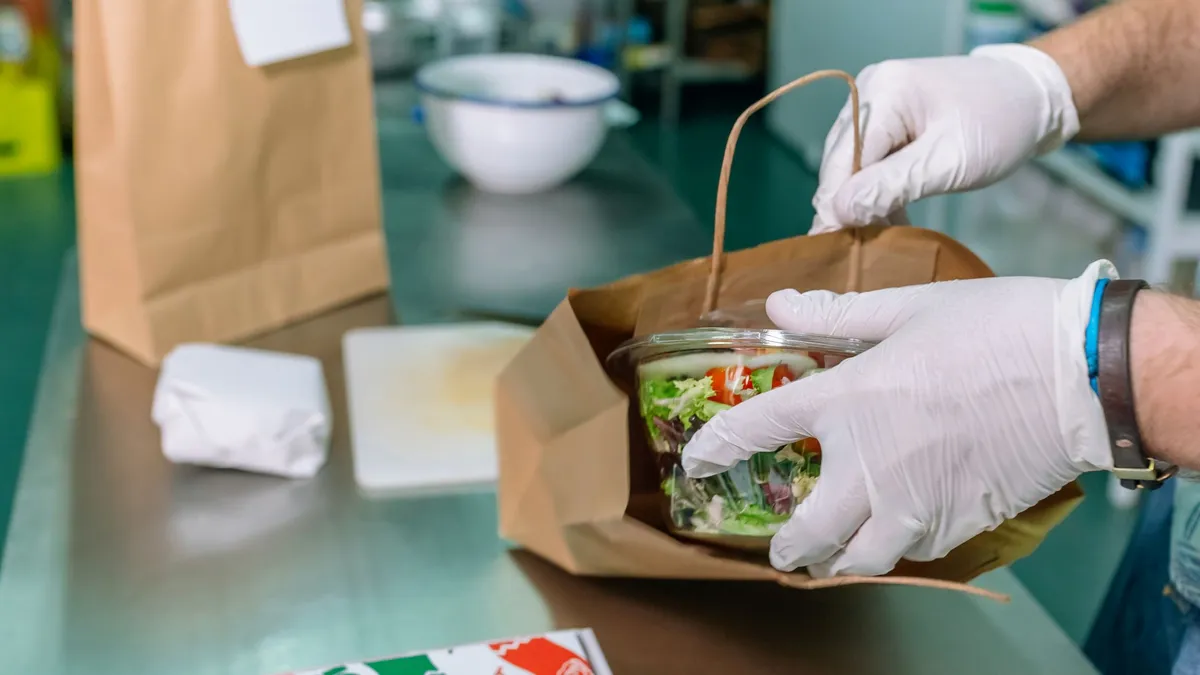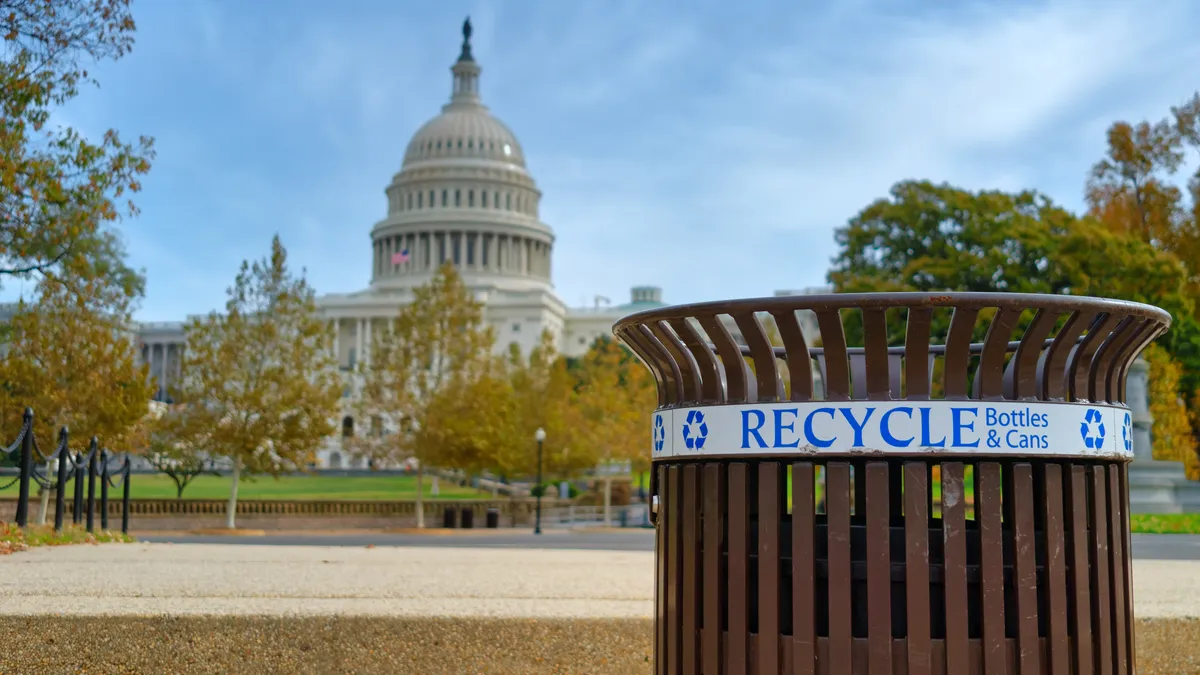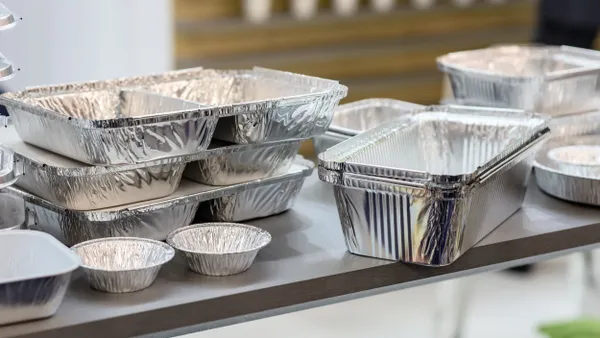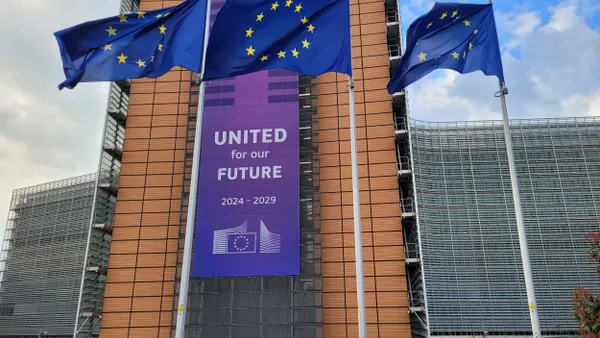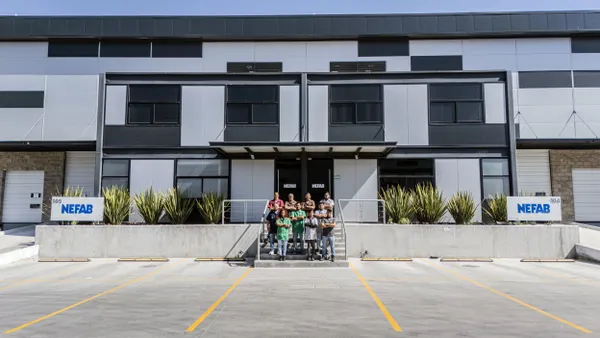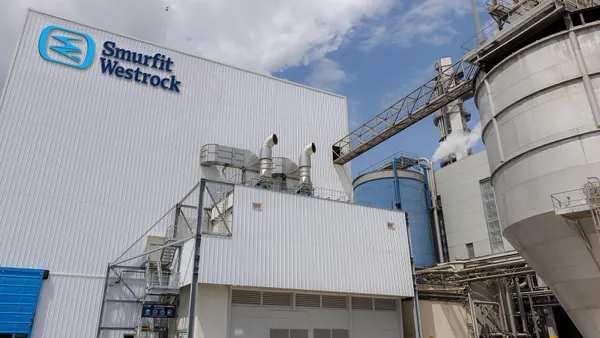Packaging manufacturers have been on a financial roller coaster in the wake of the pandemic as supply chains, inventory and demand have been topsy turvy. The economic uncertainty that escalated last year amid decades-high inflation in the United States is spilling into 2023 as debates continue over the likelihood of avoiding a recession.
Certain global geopolitical forces also are a factor. Some have dragged down earnings, although several companies are optimistic about improvement later this year.
Here’s what top executives at some of the largest packaging companies said in recent January and February earnings calls about the greatest recent international influences on demand and financials.
Russia/Ukraine War
Early into Russia’s war against Ukraine, companies faced pressure to join sanctions by ceasing operations in Russia. Announcements of divestitures trickled in as shows of support, but they carried financial consequences for the sellers.
- Amcor: The company completed the €370 million sale of its three Russian factories, which represented 2-3% of its annual sales, to HS Investments in December. The divestiture contributed to Amcor’s below-the-line costs. “As we look forward, you'll see the restructuring costs start to come through that will run through that line. But generally, the costs in relation to Russia are finished,” said CFO Michael Casamento.
- Ball: Executives indicated during their call that the company’s completed divestiture from Russia in September created an “earnings headwind,” and financial pressure related to the sale likely would continue at least through Q1 of this year. CEO Dan Fisher reflected on the $530 million sale to Arnest Group in a September statement: "This decision is the result of many months of consideration, delivering a solution that best secures the future of Ball's colleagues and assets in Russia. We believe this is a sound outcome for Ball in these geopolitical circumstances.”
- International Paper: In January, IP entered an agreement to sell its ownership interest in Ilim SA, a joint venture with Russian shareholders, for $484 million. “We are making good progress,” and the company will no longer have investments in Russia once the deal is finalized, according to CEO Mark Sutton.
China’s COVID-19 lockdowns
Chinese President Xi Jinping implemented a strict “zero-COVID” lockdown policy early in the pandemic, which resulted in softer demand for some goods and packaging. Lockdowns were lifted in December and a rash of COVID cases followed. Just as economic conditions showed signs of stabilizing, the Lunar New Year holiday in January further held back a return to normalcy.
- Amcor: “China would be another one where we saw demand soften considerably in the second quarter, really concurrent with COVID lockdowns. Now obviously, those are behind us, [and] we'd expect the business to bounce back. But how strongly it bounces back is an open question,” CEO Ron Delia said. He noted that Amcor’s China business has done well with managing its costs and grew its earnings in the first half of the year despite lockdown-induced volume declines. Amcor is focusing on growth in China, specifically in healthcare, including through deals like the recently announced acquisition of medical device packaging company MDK. “It brings us some complementary products that we didn't have local production of in China, and it also expands our book of business with a new set of customers,” Delia said of the deal.
- O-I Glass: “About 40% of what we actually make in Europe ultimately gets exported out of Europe into other markets, such as China or into the Americas,” said CFO John Haudrich. “In those particular market activities, more reopening in China could bode well for support of those export activities.”
Political unrest in Brazil
Brazil has shown promise as a growth area in recent years, especially for aluminum packaging, but political upheaval tamped down some potential in 2022. Former President Jair Bolsonaro lost his reelection bid in October but rejected the results, and protests ensued. The protests interrupted supply chains, contributed to manufacturing slowdowns and altered inventory and demand.
- Ball: Referencing a beverage can plant closure in Santa Cruz, Brazil, CEO Dan Fisher said it's a “temporary closure for now, given the existing conditions and economic conditions in Brazil.” Ball also announced reduced production at its remaining Brazilian facilities. "We do have a larger risk profile and hurdle rate in places that are more volatile like Brazil,” Fisher said. CFO Scott Morrison added, “It does tend to be a more volatile region. And so you have to live with that volatility. But over the long run, it's been a great place to invest and we expect it to be a really good place going forward. It is not without its challenges, but that's part of why you can make some pretty good money there, too.”
- Crown Holdings: "You can get all hung up looking at six months, one year performance in Brazil,” said CEO Tim Donohue. “You’re going to see can penetration rates higher and you’re going to see absolute level of can volumes higher, and we continue to believe the Brazilian market is going to be a tremendous market for the aluminum beverage can.”



